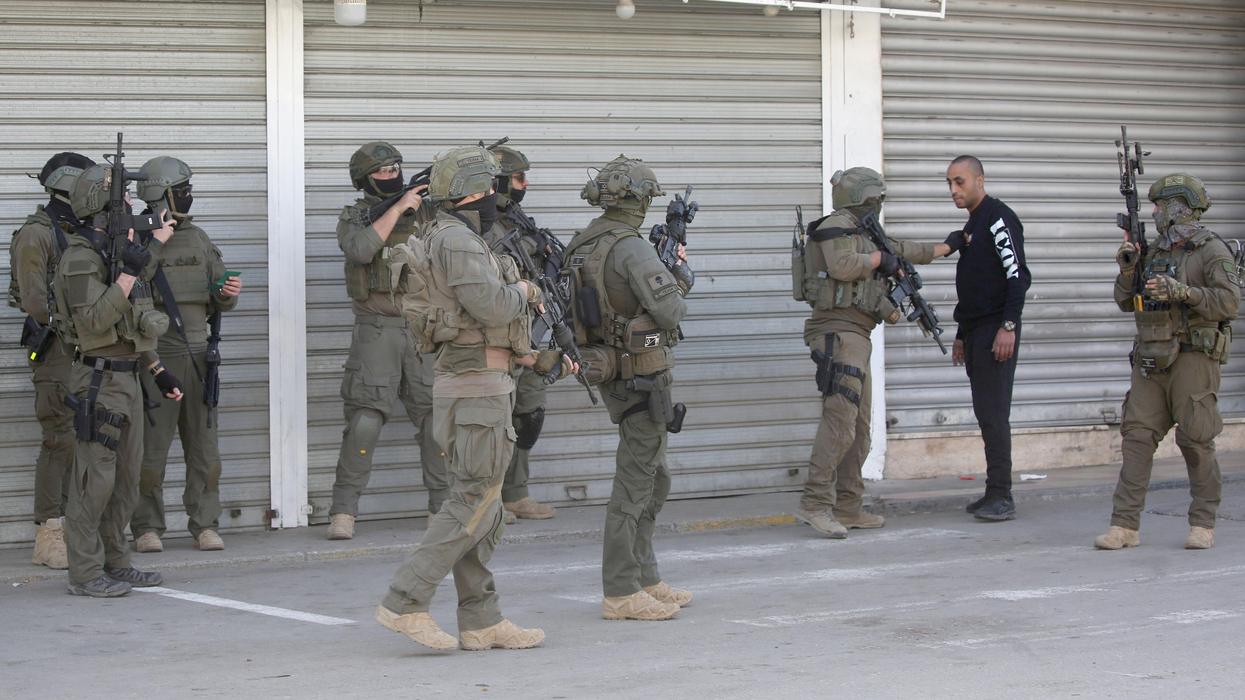Author Elliot Ackerman wants to bring back the draft and he wants to make military service mandatory for the American elite — a strata of American society he believes has no “skin in the game” and therefore has ignored, or worse, has promoted, the policies that have kept the U.S. at war for the last 20 years.
“I’m not serious but I’m kind of serious,” Ackerman told an audience today at the All-Volunteer Force Forum. (See entire video here.) The question, he said, “is how to engage the American people, to get them to pay attention to the critical issues of war and peace. And how do we get the right people paying attention to these issues ... those are the elites, and for the most part they have opted out.”
Aside from the purse-string holders, policymakers, and Blob that craft and push war, the top income bracket in the United States has “opted out” in the sense that they don’t serve. Their friends, relations and neighbors don’t serve. That is for someone else to do. Therefore they don’t really care about America’s global military footprint, its interventions, its endless military deployments overseas.
A potential solution: conscripting 5 percent of the active-duty and reserve forces — about 65,000 out of 1.3 million total.
Ackerman, 40, is hardly an empty provocateur trying to make a point. He spent eight years in the U.S Marine Corps, serving several deployments in both infantry and special operations in the Middle East and Southeast Asia. He has a masters in international relations from the Fletcher School of Law and Diplomacy at Tufts University. He worked as a White House fellow in the Obama Administration. He’s a bestselling author. Read his Wikipedia page, his background is elite.
But his moment of epiphany came during a fellow Marine’s burial at Arlington National Cemetery, looking out across the Potomac River to the imperial city beyond and imagining all of the denizens of that important center and their cluelessness to what war is. “They have no idea what’s happening,” he recalled himself thinking.
With less than one-half of one percent of the American population serving in the post-9/11 wars that’s a good way to describe most people, even those who write and think about war every day and follow foreign policy obsessively for every tick and tussle. Being there, having loved ones there — that’s investment. If more Americans were invested, Washington would not be able to use our forces so blithely and unaccountably.
“We have created a very unhealthy dynamic in this country’s approach to war,” he said. “What is very dangerous is that America’s relationship to war has become dysfunctional. Americans think if something happens it’s over there, it doesn’t affect me. If an American division goes into Syria it doesn’t affect me. That’s a great way to sleepwalk into a war.”
As explained by a number of speakers at the event, which was sponsored by the Center for the Study of Statesmanship at Catholic University and the College of William & Mary, is that the post-9/11 all-volunteer force has allowed politicians to wage war largely at the periphery of citizens’ consciousness by keeping the immediate costs of blood (so few are doing all the sacrificing) and treasure (not increasing taxes) down.
“But the bill always comes due,” Ackerman said. Endless wars abroad have both tangible and existential costs and lead to conflicts and institutional threats we don’t anticipate. One may be that the forces are having a hard time recruiting young people today. According to one panelist, retired Maj. Gen. Dennis Laich, only 15 percent of recruitment-age Americans (18-24) even think about serving.
Elites have allowed the rest of society to fight wars they directly or tacitly approve through apathy. It should be time they “re-invest.” A draft might sound overly dramatic, but so does a war that goes on so long that children who were born when it began are now signing up for Selective Service.
“Democracy only works when you have an engaged citizenry,” Ackerman charged. Just the specter of a draft, he said, “that’ll cause more engagement.”
















